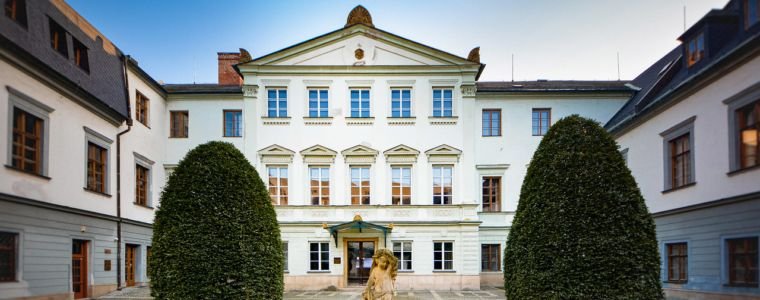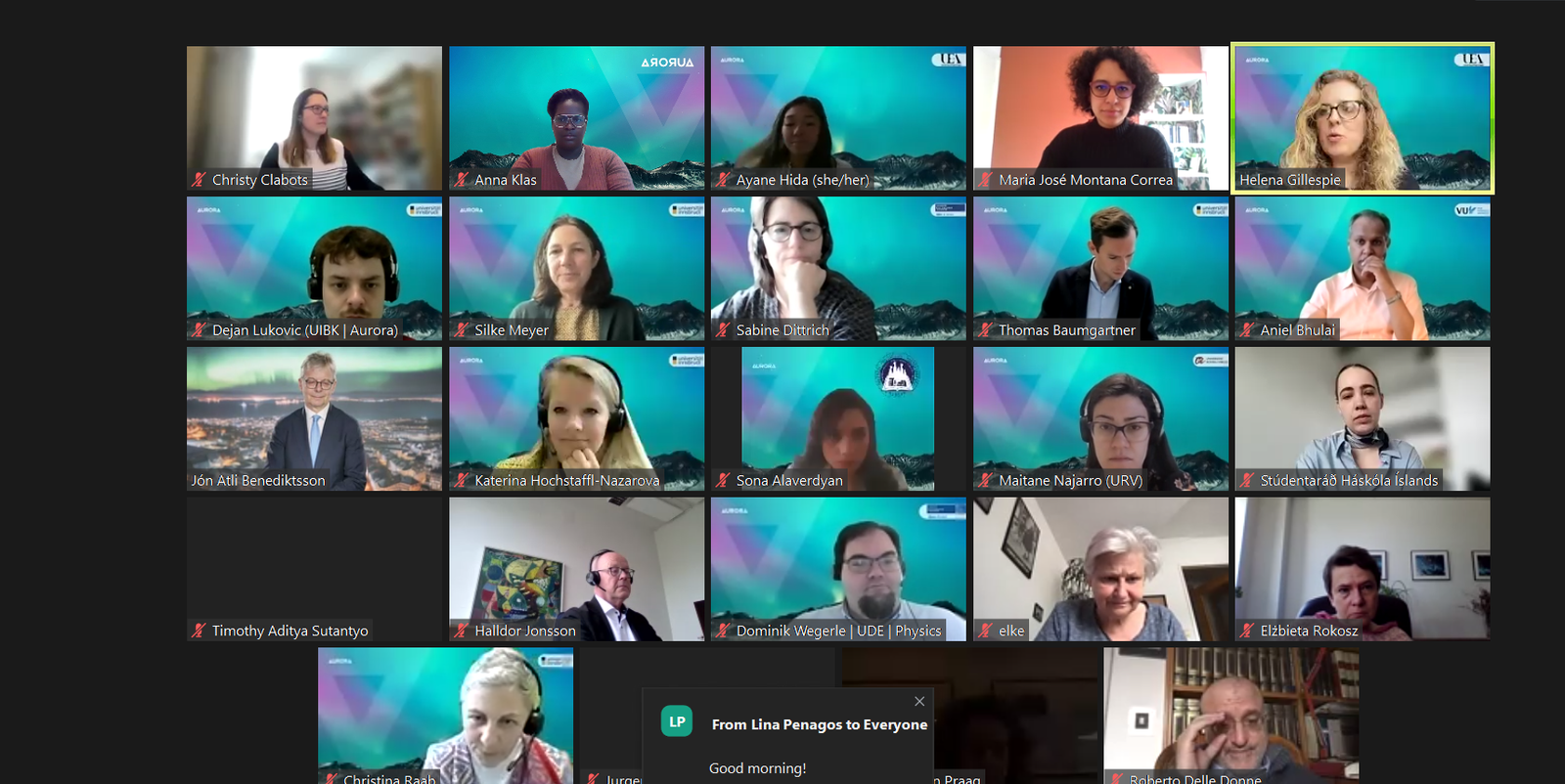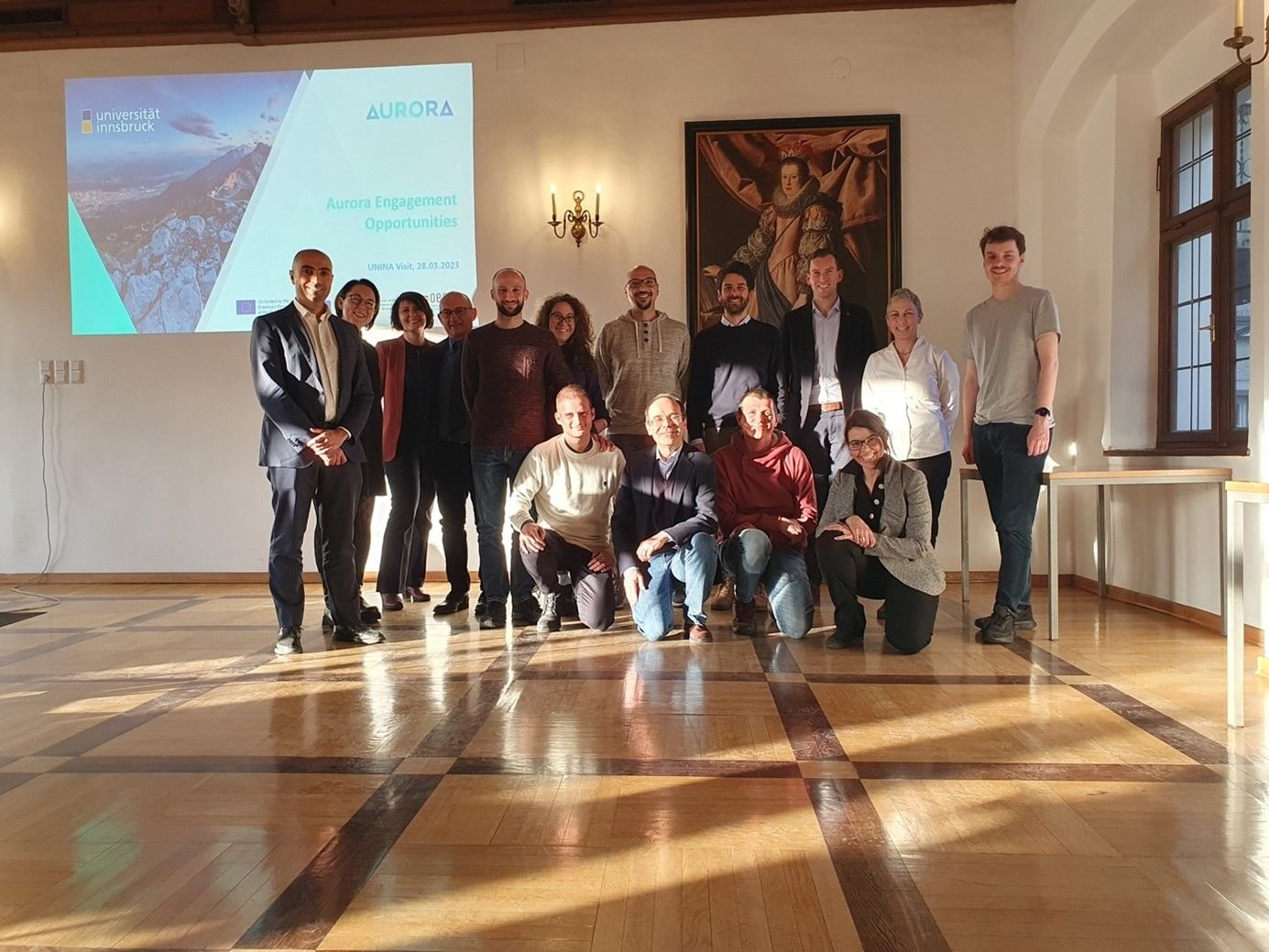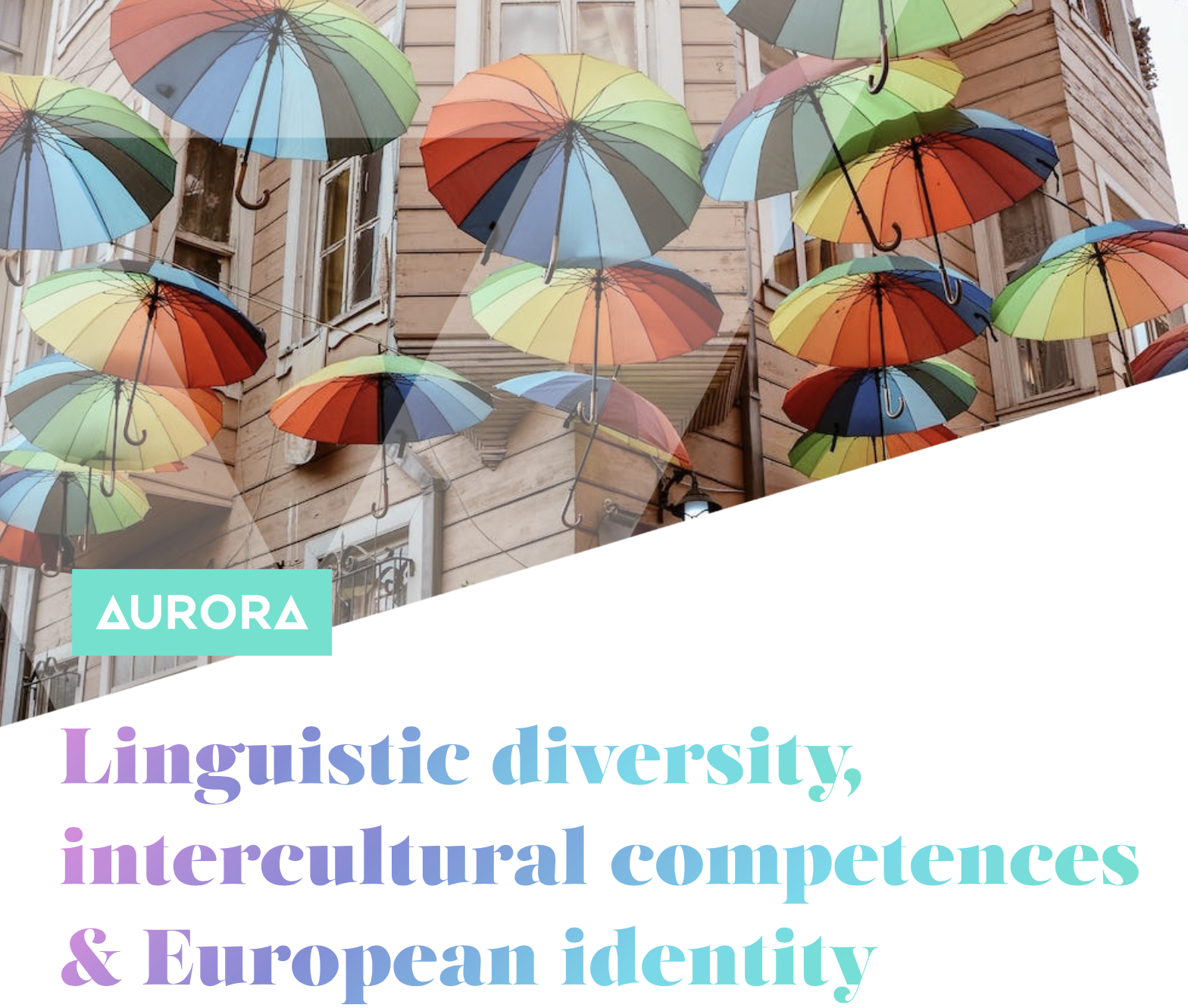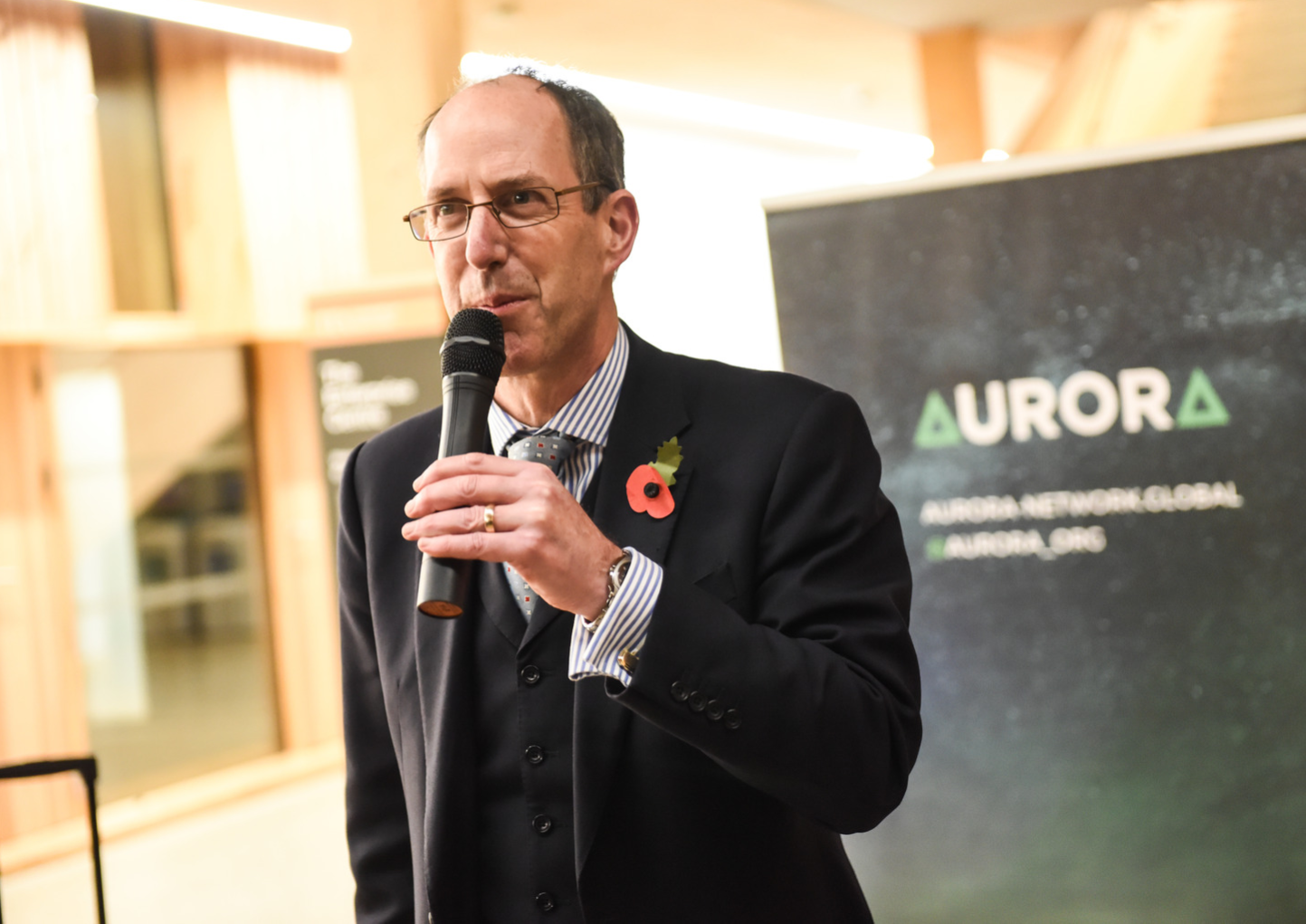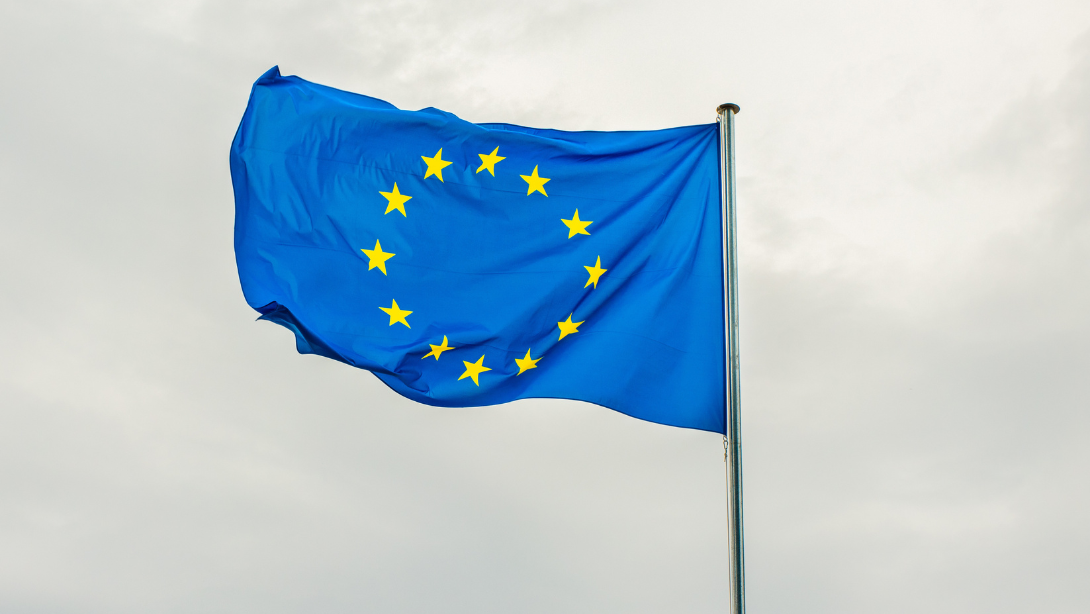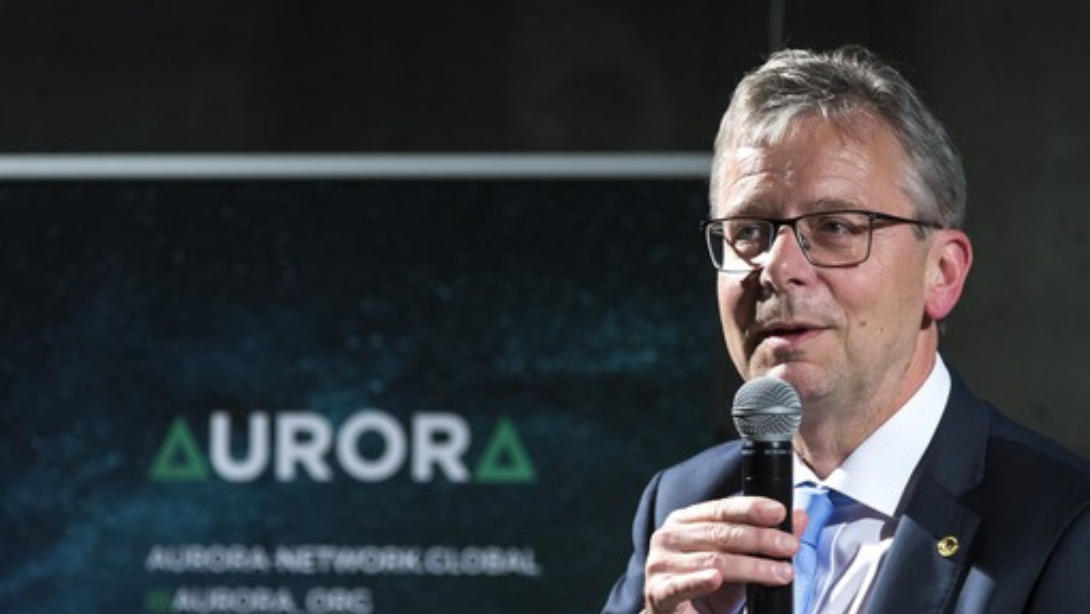Meet Markéta Šemberová, Education Coordinator at Palacký University Olomouc
Markéta Šemberová shared her background, her passion for education and intercultural competences, and her journey studying philology in the Netherlands as a master’s student to obtaining her PhD, which focuses on strengthening intercultural competences in university teachers. She also expanded on her role and responsibilities as Education Coordinator, highlighting her work in supporting education-related activities at Palacký University Olomouc and collaboration with partner universities. Read on for the full interview.
Could you tell us something about yourself?
Markéta: My name is Markéta Šemberová. In January 2023, I started my new role as Aurora Education Coordinator at Palacký University Olomouc. My interest in education, intercultural competencies, and didactics began during my master’s studies in Dutch philology, where I completed a two-year add-on course in education. From there onwards, I pursued postgraduate studies in education and even completed my PhD thesis on developing a model of intercultural competencies for university teachers in the Czech Republic. Before joining the Aurora team, I was a project manager for lifelong learning infrastructure at Palacký University Olomouc. I also continue working as a multicultural and intercultural lecturer, teach preparatory courses for obtaining a language certificate in Dutch, and supervise bachelor and master thesis students.
Could you share something about your role as Education Coordinator?
M: As Education Coordinator, my main task is to support any education-related activities at Palacký University. Therefore, I mainly support the Vice-Rector for Education, local WP3 members, and the Aurorisation processes at Palacký University. In collaboration with our Centre for Excellence in Teaching, I help to prepare, plan and organise courses for academics and staff on developing their competences, such as LOUIS and BEVI training. Together with our Mobility Coordinator, we work on the methodologies of our internal processes for ECTS recognition and accreditation procedures connected to Aurora. I also support joint activities and project proposals between Palacký University Olomouc and our partner universities and engage in internal communications at the university by disseminating Aurora opportunities to staff and students.
There are many developments in the field of Aurora Education Development and Coordination. Could you share some of them?
M: Thanks to my talks with the Educational Developer at the Aurora Central Office in Amsterdam, it was possible to connect with educational developers from other institutions. We established a temporary support group that connects people who work with education at their institution. Recently, we have discussed the quality of the courses offered within the Aurora course catalogue, accreditation processes and obstacles with ECTS recognition. This group is a preparatory group for a future work package 2.5, and we will be more than happy to welcome anyone interested in joining our conversations.
Could you tell us a bit more about the increased role of education developers in the following Aurora proposal?
M: Each institution seems to struggle with different aspects internally, which is logical thanks to different legislation in each country. What could be a problem for Palacký University Olomouc does not necessarily have to be an issue for another partner university. Creating a work package that connects all the educational developers in the next phase enables us to get inspired in solving obstacles, removing barriers, and supporting the full potential of activities that Aurora offers. In the next phase, I look forward to testing out new things and progress that happen at Aurora or Palacký University Olomouc internally. For example, UP is currently developing an infrastructure for micro-credential use, and I cannot wait to support them in this next phase.
Are there any other topics you are currently working on?
M: With Kees Kouwenaar retiring in autumn 2023 and LOUIS being transitioned to Vice-Dean Maxim Tomoszek, I supported this transition and LOUIS at UP. The most recent update is, for example, our plan to organise a series of workshops on LOUIS in autumn 2023 that will be a joint initiative between UP and UDE.
